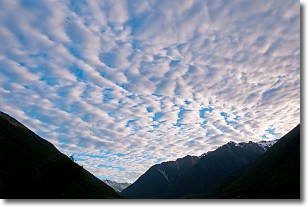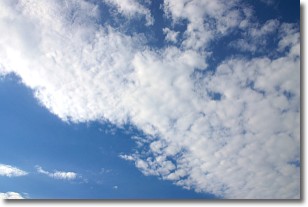Weather Alert in Virginia
Flood Watch issued May 13 at 11:37AM EDT until May 16 at 2:00AM EDT by NWS Baltimore MD/Washington DC
AREAS AFFECTED: Warren; Clarke; Jefferson
DESCRIPTION: ...The National Weather Service in Baltimore MD/Washington DC has issued a Flood Watch for the following rivers in West Virginia... Maryland...Virginia... Potomac River at Shepherdstown affecting Jefferson, Washington and Berkeley Counties. Potomac River at Edwards Ferry affecting Northwest Montgomery, Western Loudoun and Eastern Loudoun zones. Shenandoah River at Millville affecting Jefferson, Clarke and Warren Counties. Rappahannock River at Remington affecting Culpeper and Southern Fauquier zones. For the Potomac River...including Paw Paw, Hancock, Shepherdstown, Harpers Ferry, Point of Rocks, Edwards Ferry, Little Falls... flooding is possible. * WHAT...Flooding is possible. * WHERE...Shenandoah River at Millville. * WHEN...From Thursday afternoon to early Friday morning. * IMPACTS...At 10.0 feet, Parts of Bloomery Road and John Rissler Road are flooded near Bloomery, West Virginia. Once these roads flood, access to homes is impaired but the homes themselves are not in any danger of flooding. Moulton Park and the Millville boat launch are also flooded. * ADDITIONAL DETAILS... - At 10:30 AM EDT Tuesday the stage was 2.4 feet, or 7.7 feet below flood stage. - Forecast...Flood stage may be reached based on the latest forecast information. - Flood stage is 10.0 feet. - Please visit www.weather.gov/safety/flood for flood safety and preparedness information
INSTRUCTION: If you are in the watch area, remain alert to possible flooding. Please report observed flooding to local emergency services or law enforcement and request they pass this information to the National Weather Service when you can do so safely. Additional information is available at www.weather.gov/washington or www.weather.gov/baltimore. The next statement will be issued this evening at 745 PM EDT.
Want more detail? Get the Complete 7 Day and Night Detailed Forecast!
Current U.S. National Radar--Current
The Current National Weather Radar is shown below with a UTC Time (subtract 5 hours from UTC to get Eastern Time).

National Weather Forecast--Current
The Current National Weather Forecast and National Weather Map are shown below.

National Weather Forecast for Tomorrow
Tomorrow National Weather Forecast and Tomorrow National Weather Map are show below.

North America Water Vapor (Moisture)
This map shows recent moisture content over North America. Bright and colored areas show high moisture (ie, clouds); brown indicates very little moisture present; black indicates no moisture.

Weather Topic: What are Stratus Clouds?
Home - Education - Cloud Types - Stratus Clouds
 Next Topic: Wall Clouds
Next Topic: Wall Clouds
Stratus clouds are similar to altostratus clouds, but form at a
lower altitude and are identified by their fog-like appearance, lacking the
distinguishing features of most clouds.
Stratus clouds are wider than most clouds, and their base has a smooth, uniform
look which is lighter in color than a nimbostratus cloud.
The presence of a stratus cloud indicates the possibility of minor precipitation,
such as drizzle, but heavier precipitation does not typically arrive in the form
of a stratus cloud.
Next Topic: Wall Clouds
Weather Topic: What are Altocumulus Clouds?
Home - Education - Cloud Types - Altocumulus Clouds
 Next Topic: Altostratus Clouds
Next Topic: Altostratus Clouds
Similar to cirrocumulus clouds, altocumulus clouds are
characterized by cloud patches. They are distinguished by larger cloudlets
than cirrocumulus clouds but are still smaller than stratocumulus clouds.
Altocumulus clouds most commonly form in middle altitudes (between 2 and 5 km)
and may resemble, at times, the shape of a flying saucer.
These uncommon formations, called altocumulus lenticularis, are created by uplift
in the atmosphere and are most often seen in close proximity to mountains.
Next Topic: Altostratus Clouds
Current conditions powered by WeatherAPI.com




